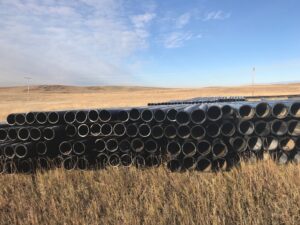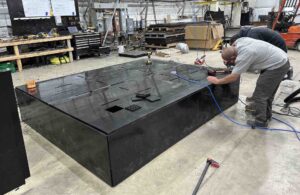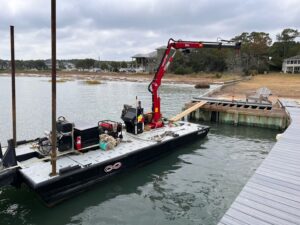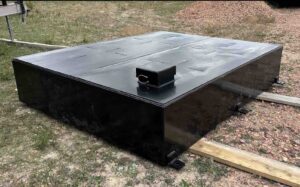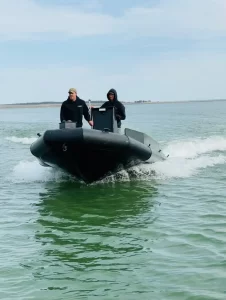Legacy Innovations LLC | Legacy HDPE

Legacy is the only company that harvests abandon HDPE pipe line and recycle it into environmentally friendly vessels, that fact is important to me, my company and our customers, and recycling should be important to all of us that work on the water.”

“I'm very impressed with your craftsmanship and how clean everything turned out! I've got a 4 year old Bradford bed that is already rusting out , having a hdpe bed is inferior to anything else!! No rust, no paint!
My favorite is the dog box , you have the structural integrity to be abused, but lightweight and very clean! Lightweight and skid along snow/ice easily!

The difference for us is the in-house engineering staff. We needed a platform that was mission specific and did not exist prior to working with Legacy.

